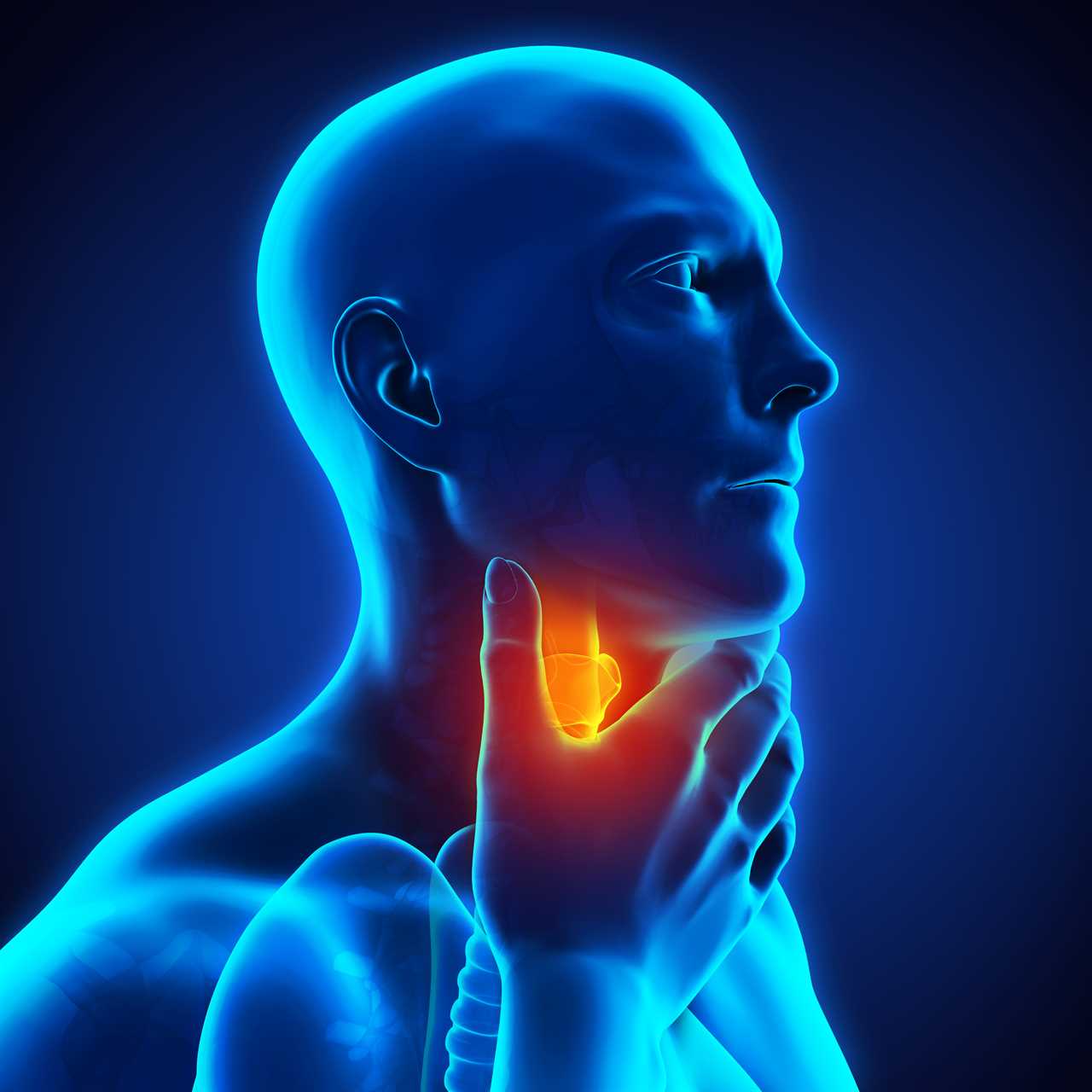
What are Ultra-Processed Foods?
Ultra-processed foods (UPF) have become a staple of the average British diet, but new research suggests they may be harming our health. UPFs, which are packed with additives, preservatives, and sweeteners, have been linked to an increased risk of developing cancer.
Spotting Ultra-Processed Meals
Identifying ultra-processed meals can be tricky, but one way to tell is by looking at the label. If a product contains five or more ingredients that you wouldn't recognize or use when cooking at home, it's likely highly processed.
Health Risks of Consuming Ultra-Processed Foods
While not all ultra-processed foods are bad for you, consuming large quantities of ice cream, crisps, biscuits, fizzy drinks, ready meals, and fruity-flavored yogurts has been linked to obesity, an increased risk of type 2 diabetes, and cardiovascular diseases.
Link to Upper Aerodigestive Tract Cancers
A recent study conducted by researchers from the University of Bristol and the International Agency for Research on Cancer (IARC) found that eating more UPFs may be associated with a higher risk of developing cancers in the upper aerodigestive tract. This includes mouth, throat, and esophageal adenocarcinoma (cancer of the esophagus).
Study Findings
The study analyzed diet and lifestyle data from 450,111 adults over 14 years. The researchers discovered that consuming 10% more ultra-processed foods was associated with a 23% higher risk of head and neck cancer and a 24% higher risk of esophageal adenocarcinoma. The link between UPF consumption and these cancers was not solely explained by increased body fat.
Possible Culprits
The researchers suggested that additives like emulsifiers and artificial sweeteners, often found in ultra-processed foods, could be contributing to the heightened risk of disease. Contaminants picked up from packaging or during the manufacturing process could also play a role.
Further Research Needed
The team acknowledged the need for further research to determine the exact cause of the increased cancer risk associated with UPF consumption. The study's data on participants' diets was collected in the 1990s when the consumption of UPFs was still relatively low.
Weight Loss Might Not Be the Solution
The study's lead author, Dr. Fernanda Morales-Berstein, suggested that focusing solely on weight loss might not be the most effective way to reduce the risk of upper aerodigestive tract cancers related to eating UPFs. More emphasis should be placed on following a healthy diet rich in whole grains, vegetables, fruit, and beans.
Source: The Guardian
Did you miss our previous article...
https://trendinginthenews.com/cancer/founder-of-wholesome-world-dies-after-battle-with-brain-tumor






